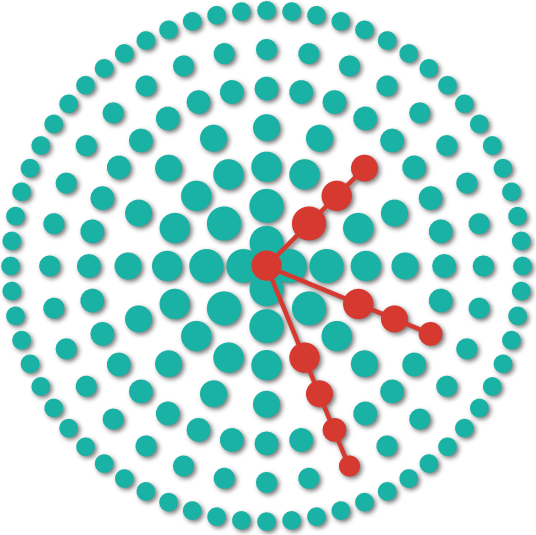Are You a Carer?
You may not think of yourself as a carer but, according to Carers UK, https://www.carersuk.org/ a carer is anyone who gives their time to look after a friend or relative who needs help because they are ill, frail or disabled, and three in five people will be a carer at some point in their lives. So if you provide practical and emotional support for someone on an ongoing basis in order to help them live independently, a carer is exactly what you are!
The Royal College of Physicians and the Association of British Neurologists state that neurological disorders (of which trigeminal neuralgia (TN) is one) are very common, making up about 10% of GPconsultations and emergency medical admissions. Together these conditions result in disability in one in 50 people in the UK. The UK also has fewer neurologists per head of population compared to other countries – one per 125,000 in the UK compared to one per 40,000 in the US and the rest of Europe. This means that patients with neurological conditions may have to wait some time before a final diagnosis is made and subsequent appointments may not be as frequent as the patient would like. This places an additional burden of care on the family and friends of people with neurological conditions.
There are radical proposals to change the way that the NHS works and these are likely to affect all patients. One trend is that patients will be encouraged to self-manage their condition more than at present and they will be given help to do so. Under the proposed new arrangements, patients and doctors will work together collaboratively, instead of doctors making most of the decisions.
With more responsibility for their own care, it will become increasingly important for patients and their carers to keep well informed, to ensure that patients become aware of the newest and most effective treatments. TNA UK will be able to help people with TN and their carers considerably in this situation, by continuing to provide our members with accurate and up to date information, via our newsletter, website and helplines.
Here are a few helpful tips which may be worth considering in your role as a carer.
- Above all, remember that the person you are caring for is a human being with feelings. Help them to retain their independence and personal choices so that they keep their self-esteem and dignity.
- Maintain a loving attitude, whatever the challenges. The health of the person you are caring for will benefit enormously from a sense of stability and nurture.
- Help the person you care for to carry out as wide a range of activities as possible. This will keep depression at bay. Regular physical exercise is particularly beneficial. Exercise can improve physical health, strength, sleep and mood.
- Try to enjoy life together as much as possible every day.
- Keep your sense of humour! Research has shown that laughter can lower blood pressure and reduce certain stress hormones such as cortisol and adrenaline. When you laugh, your whole body is involved. Laughter stimulates your heart and digestion rate and benefits the entire cardiovascular system because of increased oxygen in the blood stream. It also increases memory and learning and improves alertness and creativity. As the humorist Milton Berle once said, “Laughter is an instant vacation”.
- Ensure that medications are taken as directed because the patient may be forgetful.
- Minimise household stress in as many ways as you can, e.g. by making arrangements to pay bills by direct debit and establishing a simple, regular routine for housework and shopping
- Know your limits and accept that you may feel tired and stressed occasionally. It is normal for carers to feel frustrated and irritated at times. Just accept such feelings and deal calmly with them, by arranging a break for yourself until you feel ready to resume care again. Even spending 5 minutes in another room, taking deep breaths, will refresh you. Or take a short walk, get absorbed in something like a crossword or book, or chat to a friend on the phone.
- Keep positive, cheerful and hopeful – both you and the person you care for will benefit from an easy going approach to life.
